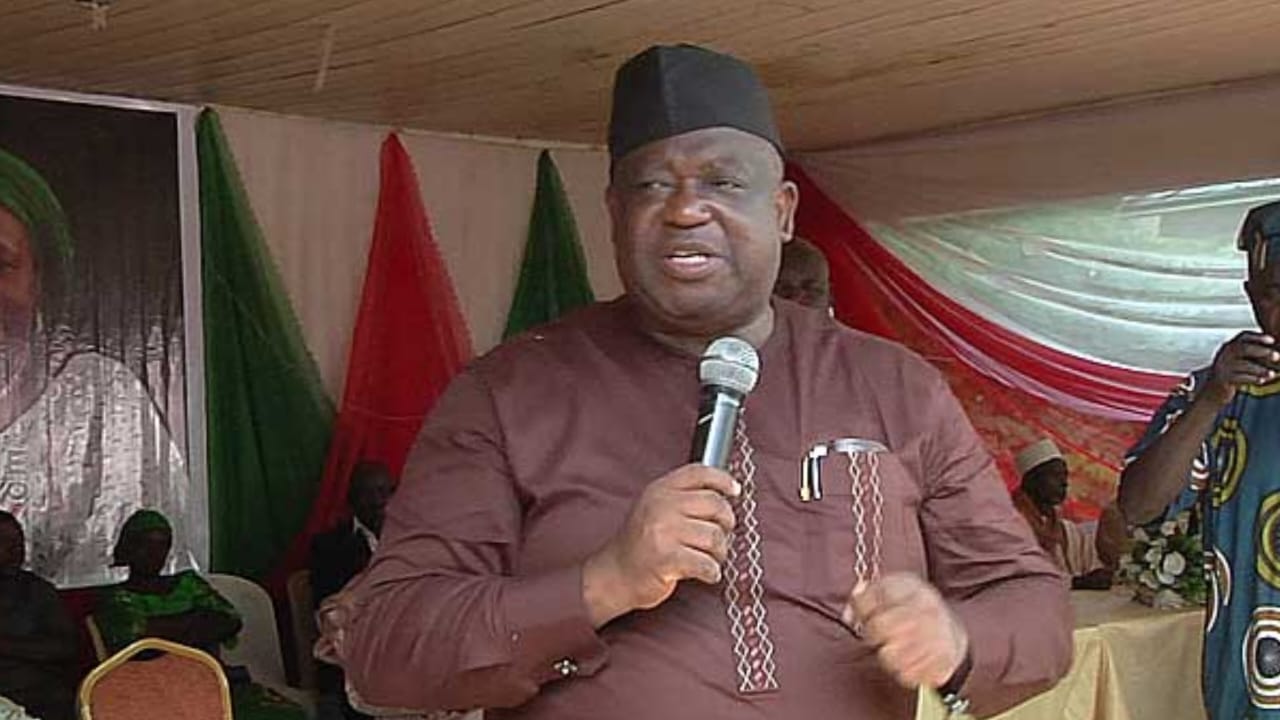Headlines
Gov Muftwang outlines the reasons why he believes the Supreme Court should affirm his mandate

Plateau State Governor, Caleb Mutfwang, has appealed to the Supreme Court to uphold his election, stating that only one out of the eight issues presented before the Court of Appeal was determined, leaving the others untouched.
He argued that the decision of the Court of Appeal contradicted the directive of the Supreme Court, which requires intermediate courts to pronounce on all issues brought before them.
Mutfwang claimed that the Appellate Court’s decision to nullify his election was flawed as he was not given a fair hearing.
He emphasized that the law mandates a remedy for any wrong committed. Despite a unanimous decision by a three-member tribunal upholding his election, the Court of Appeal declared the governorship candidate of the All Progressives Congress (APC) as the winner.
Mutfwang has requested the Supreme Court to restore his mandate, and the hearing is scheduled for Tuesday.Mutfwang presented a compelling case to the Supreme Court, outlining eight reasons why his election should be validated.
He emphasized that the issue of nomination and sponsorship, which formed the basis of one of the grounds in the petition, was an internal matter of the fourth respondent and therefore the first and second respondents had no standing to argue it.
He also pointed out that the judgment of the lower court lacked jurisdiction, as it failed to consider the relevant constitutional provisions.
Mutfwang further argued that disobedience of a court order was not a valid ground for maintaining an election petition, and that the appellant had complied with all necessary requirements.
Additionally, he highlighted that the evidence presented by a particular witness was discredited and should not have been heavily relied upon by the lower court.
The first and second respondents have clearly failed to meet the necessary burden of proof, making them ineligible for the reliefs they sought in their petition. It is particularly absurd for them to claim victory in an election they themselves deemed invalid due to non-compliance.
The lower court made a grave error by ruling that the tribunal was wrong in striking out certain paragraphs from the appellant’s reply and using evidence from specific witnesses as a tribunal of first instance. This decision denied the appellant a fair hearing.
The governor’s legal team argued that they provided sufficient evidence to demonstrate that the Court of Appeal should not have nullified his election. They firmly stated that the judgment of the lower court had caused immeasurable injustice to the appellant.
It is a well-established legal principle that where there is a wrong, there must be a remedy. This principle, expressed in the Latin maxim “ubi jus, ibi remedium,” holds significant weight and should be considered in this case.
The governor’s lawyers respectfully urged the Honourable Court to allow the appeal, overturn the judgment of the lower court, and affirm the appellant as the duly elected Governor of Plateau State.
